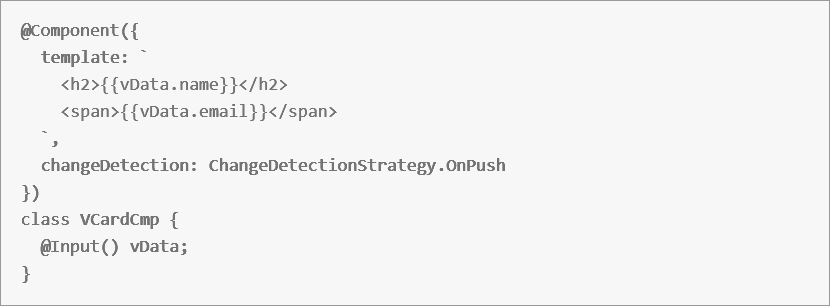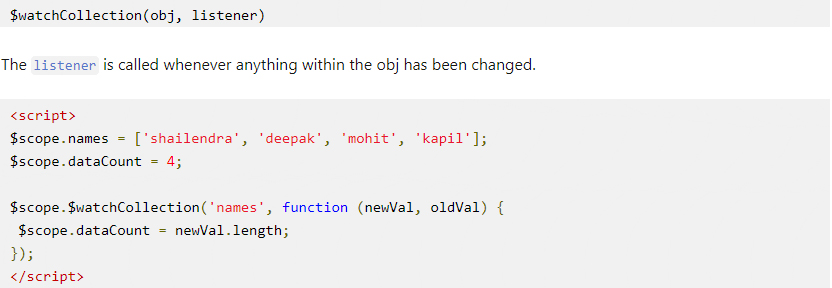Angular is one of the most amazing front-end web development frameworks that helps you create some remarkable web applications. It caters to a number of renowned companies powering some of the best web applications.
However, no matter how incredible the framework and how amazing the app is, there is always room for improvement. This is especially true in case of the speed and performance of an application.
Given below are the top 5 ways in which you can increase the speed and performance of your apps built with Angular.
Top 5 Ways to Boost your Angular Apps
1. Reduce the Number of Watchers your Code has

To check for changes in an application, Angular internally assigns a “watch” to each variable on the $cope object. So whenever there is a change in any of the variable, Angular goes through a digest cycle in which it goes through all of the watchers to make sure all of the changes are returned.
Although this may seem like something that would happen quickly, it still slows down the app a lot if there are too many watchers created. In order to speed up your app, you will have to aim to reduce the time taken to complete a digest cycle which in turn means using lesser watches while creating your program.
2. Avoid Using ng-repeats as Much as Possible

Ng-repeat is a directive that repeats a set of HTML a number of times per item in a collection of arrays or objects. This raises an issue as each instance is given its own scope which means that this in turn increases the number of unnecessary watchers significantly in the program.
As mentioned earlier, increasing the number of watchers does not help with the speed of the program. The best alternative to the ng-repeat directive is the ng-bind-html directive which does not result in the addition of watchers that are not required.
3. Reduce or Remove Automatic Change Detections

As mentioned earlier, when a program depends on variables that keep changing, Angular goes through a complete digest cycles updating each and every watcher. This task is really time consuming and makes the program slow.
A better route to this would be to disable the change detections and conduct a check for a specific period of time that you expect the data to change (or new data to arrive). With this, every time a data change occurs, a full digest cycle will not be run and only the parts of the program where a change has occurred will have to be updated.
4. Use $watchCollection for $watch Functions with 3 Parameters

The watcher function that is assigned three parameters performs a deep check of each and every property of an object for any changes. This in turn increases the time of the digest cycle and slows down the whole program.
Using $watchCollection eliminates this problem as it only performs checks of the first property layer of the objects. Since the first layer is updated when a change is made, the function is able to update the rest of the changes more precisely and a lot faster.
5. Use Lazy Loading

Even though lazy loading in Angular is a great feature to enhance speed, it isn’t used to its full potential. The final compiled code is sent as one large bundle. Since this bundle is pretty large in size, loading it all up can take quite a while.
However, you can split your app into different modules and load them as per the requests made. This is what Lazy Loading is. In this way, you can avoid the program having to load the modules of the app that are not required at a particular instance and hence enhancing the performance of the whole application.
These were a few ways in which Angular Developers can help you enhance your app’s speed. Although it is always best to use the best practices initially while creating your app, these changes can still be made later. The speed of an application has always been an important metric for applications and is a major pillar of user engagement. Hence it’s paramount for you to always stay ahead with it.







Leave A Comment